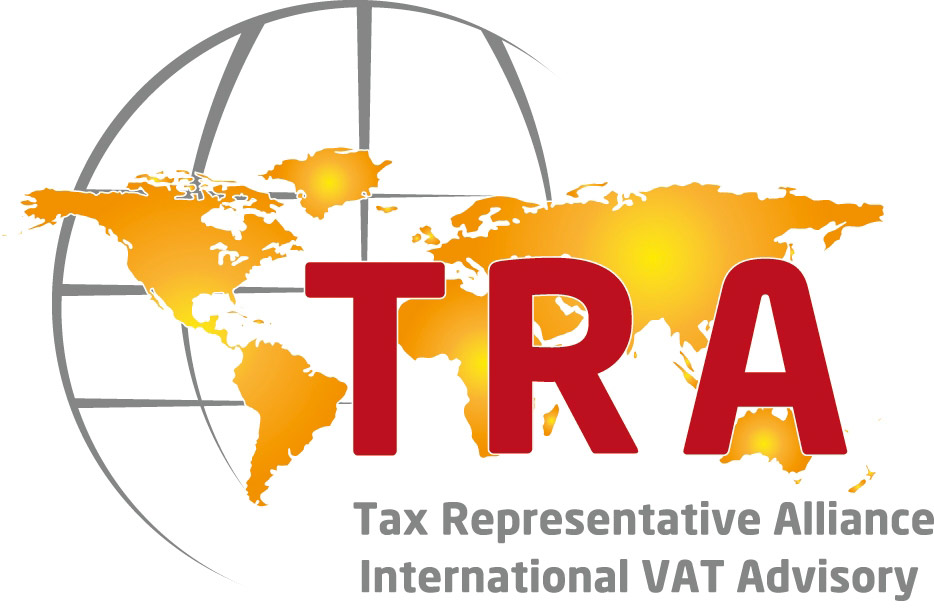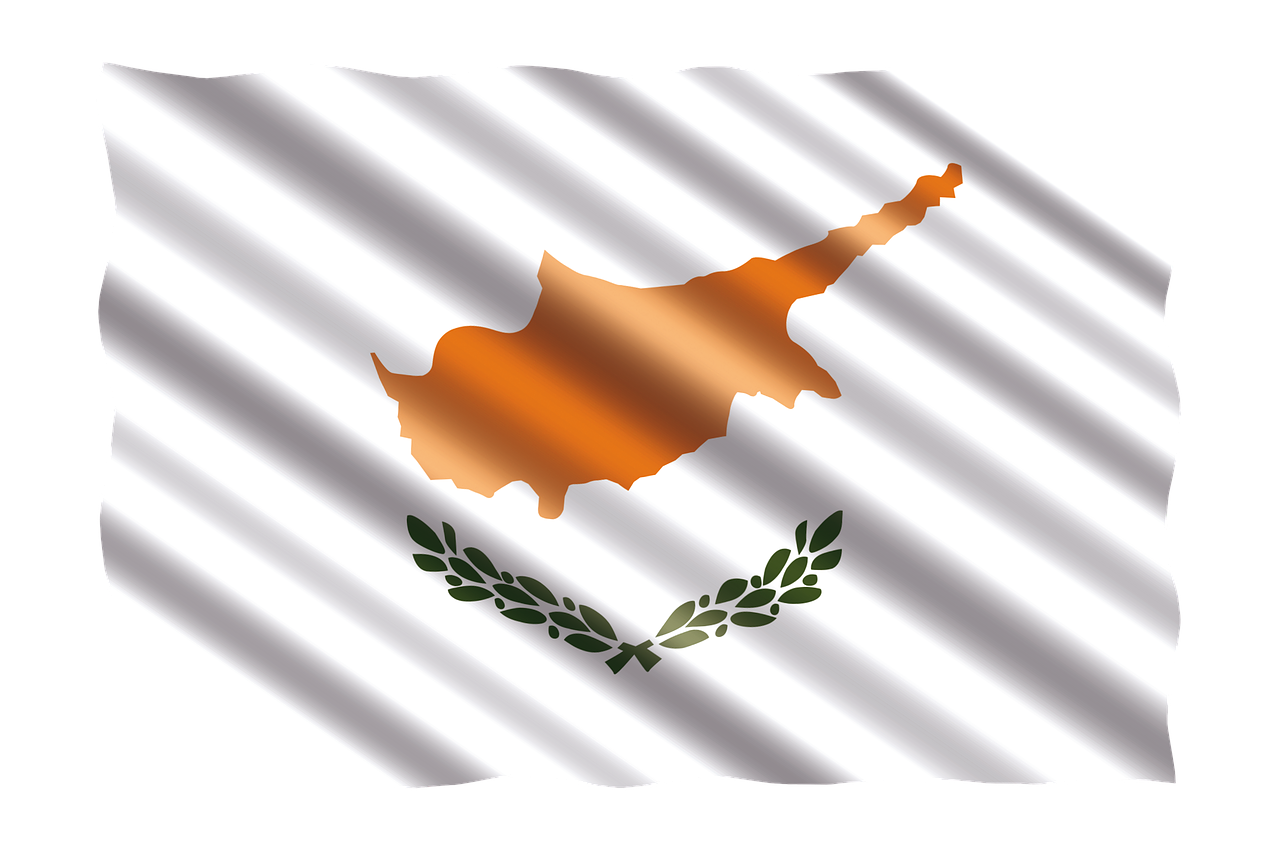In accordance with the Cyprus Income Tax legislation, a Cyprus company and/or an individual person who is tax resident in Cyprus, has to pay its second income tax installment (provisional tax) by 31 December 2018 to the Department of Tax. Such amount is payable only via the website of JCC (www.jccsmart.com). Read more
The Netherlands – Proposed changes in indirect tax law for 2019
On Budget Day, the Dutch government introduced the 2019 Tax Plan to the House of Representatives. Most recently, the House of Representatives adopted the bills included in the 2019 Tax Plan package. Below, please find the highlights of said package, briefly outlining some of the VAT and consumption tax measures (indirect taxes) that may impact international businesses. Read more
VAT and customs, Germany
Federal Court of Finance (BFH) simplifies input tax deduction of invoices for companies
The Federal Court of Finance abandoned its previous jurisdiction with judgements from 21 June 2018 VR25/15 and VR28/16 and decided that it is no longer necessary for invoices to state a place where the entrepreneur carries out his business activity. Therefore, for input tax deduction, an invoice must only include an address where the company providing the service can be contacted by post. Read more
Recent changes in the Austrian VAT rates
Since November 1st 2018 the Austrian VAT rate for hotel accommodation and other furnished living and sleeping areas for rent including associated services is reduced from 13 percent to 10 percent. This also includes breakfast in the local fashion if it is included in the accommodation price. Read more
Electronic invoicing in Italy
We remind you that on 1st January 2019 the electronic invoicing obligation will start for all operations between residents or established subjects.
“Electronic” means invoice issued or received in any electronic format, which makes the document unalterable. Read more
AC Forum – International VAT workshop to be held in Lausanne
The Associations Conference Forum (AC Forum) – European network of NGOs – is organizing for September 27th and 28th an “International VAT workshop” that will be held in Lausanne. Read more
TRA – Tax Representative Alliance Annual Meeting 2018 in Athens
The TRA Annual Meeting took place at the Athens Marriott from June 14 till June 16. The event was masterfully organized this year by our Board Member Nikos Dimitrakopoulos and the Tax Support team. Read more
TRA – Tax Representative Alliance Annual Meeting 2018 to be held in Athens
The TRA Annual Meeting will take place this year in Athens, at the Metropolitan Hotel, Leof. Andrea Siggrou 385, Paleo Faliro. Read more
Summary of the latest VAT changes in Cyprus
The main VAT changes in Cyprus over the last few months concern the implosion of VAT at 19% on the leasing/rental of immovable properties and undeveloped building land, as provided for in the amending VAT Law No. 157(I)/2017 of 13 November 2017. Read more
VAT Treatment of Payment Services in Ireland
The Revenue Commissioners have published a new Tax and Duty Manual, “VAT Treatment of Payment Services”. Certain financial services including negotiating or dealing in payments and transfers are exempt from VAT and this new manual provides guidance in relation to the nature of such exempt services. Read more
- « Previous Page
- 1
- …
- 3
- 4
- 5
- 6
- 7
- …
- 11
- Next Page »












